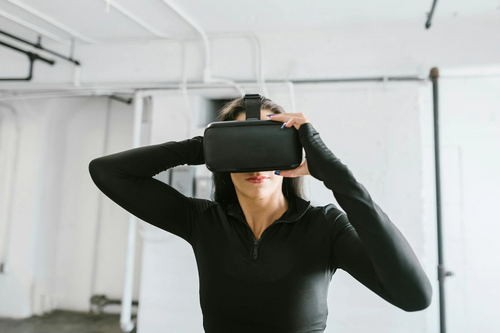The healthcare industry just like other sectors is witnessing an increase in interactivity among websites. The advancement of artificial intelligence (AI) has transformed website chatbots while enhancing patient engagement and administrative process efficiency as well as medical information accessibility.
 Medical organizations must provide efficient, patient-focused services while managing ongoing performance demands. AI-powered chatbots eliminate some healthcare provider workloads by executing tasks and giving live support and patient assistance. These digital assistants use automated systems that drive significant changes to healthcare services through appointment scheduling alongside symptom assessment.
Medical organizations must provide efficient, patient-focused services while managing ongoing performance demands. AI-powered chatbots eliminate some healthcare provider workloads by executing tasks and giving live support and patient assistance. These digital assistants use automated systems that drive significant changes to healthcare services through appointment scheduling alongside symptom assessment.
 Medical organizations must provide efficient, patient-focused services while managing ongoing performance demands. AI-powered chatbots eliminate some healthcare provider workloads by executing tasks and giving live support and patient assistance. These digital assistants use automated systems that drive significant changes to healthcare services through appointment scheduling alongside symptom assessment.
Medical organizations must provide efficient, patient-focused services while managing ongoing performance demands. AI-powered chatbots eliminate some healthcare provider workloads by executing tasks and giving live support and patient assistance. These digital assistants use automated systems that drive significant changes to healthcare services through appointment scheduling alongside symptom assessment.

